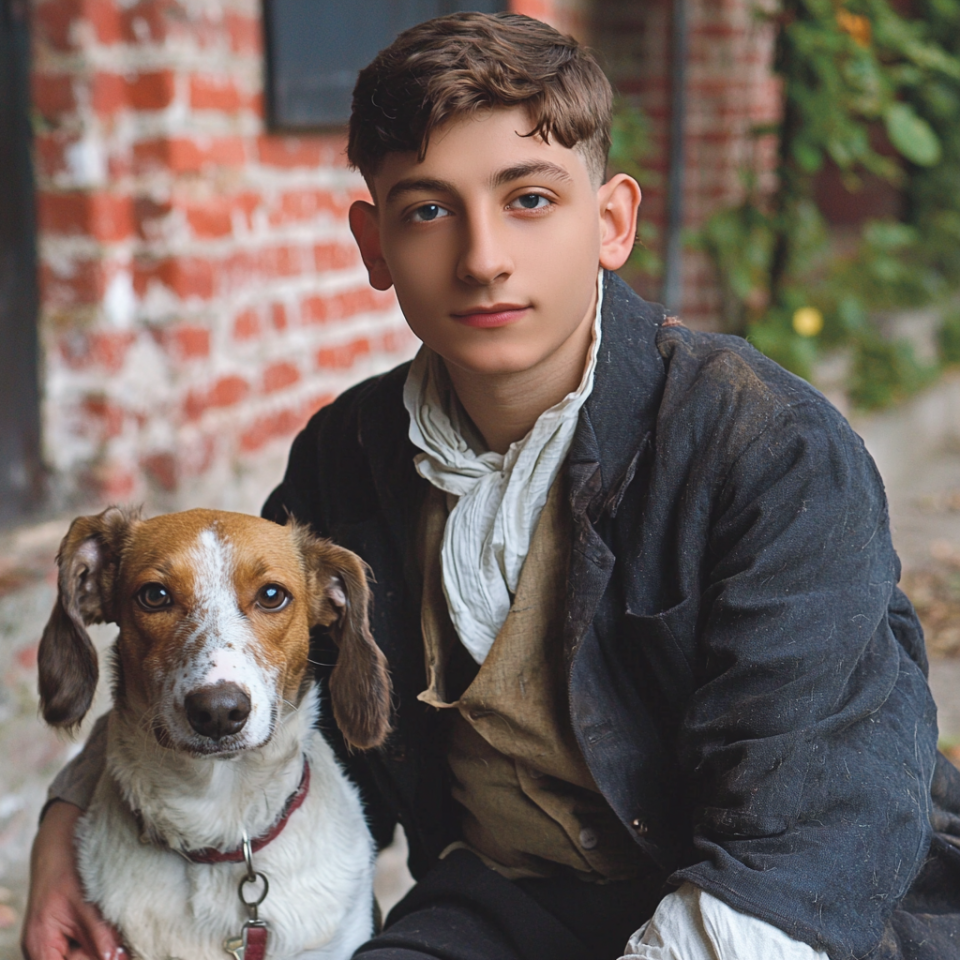Royal Dixon was born on March 25, 1885, in Huntsville, Texas, to Elijah and Francis Elizabeth Dixon. He pursued his education at the Sam Houston Normal Institute and later attended Morgan Park Academy in Chicago. His academic journey continued as a special student at the University of Chicago, where he cultivated a deep interest in natural sciences. Initially, Dixon embarked on a career in the performing arts, working as a child actor and dancer under the mentorship of Adele Fox. His theatrical endeavors culminated in 1903 with a performance at Chicago's Iroquois Theater.
Transitioning from the arts to the sciences, Dixon served as a curator in the Department of Botany at the Field Museum of Natural History in Chicago from 1905 to 1910. His tenure at the museum allowed him to immerse himself in botanical studies, fostering a profound appreciation for plant life. Following this period, he became a staff writer for the Houston Chronicle, contributing to the newspaper's scientific and cultural discourse. Dixon's passion for education led him to lecture for the New York City Board of Education and establish a school dedicated to creative writing. His commitment to societal issues was evident through his involvement with the Commission of Immigrants in America, where he advocated for the assimilation and rights of immigrants, reflecting his belief in a unified national identity.
Dixon's philosophical perspective was characterized by a panpsychic worldview, attributing consciousness and personality to all living entities, including plants and animals. In "The Human Side of Plants," he posited that plants possess sentience, challenging traditional scientific notions and inviting both intrigue and criticism from the academic community. His literary contributions extended to works such as "The Human Side of Animals," "The Human Side of Birds," and "The Personality of Insects," wherein he explored the intrinsic value and consciousness of various life forms. His writings not only highlighted the complexities of non-human life but also advocated for a harmonious coexistence between humans and nature.
In 1921, Dixon co-founded the First Church for Animal Rights in Manhattan alongside Diana Belais and other advocates. The church aimed to promote the ethical treatment of animals, asserting that all creatures are entitled to life, liberty, and the pursuit of happiness. This initiative positioned Dixon as a pioneering figure in the animal rights movement, challenging societal norms and encouraging a reevaluation of humanity's relationship with the animal kingdom. His advocacy extended to supporting women's suffrage and African-American equality, underscoring his dedication to social justice and reform.
Dixon's personal life was marked by his partnership with artist Chester Snowden. The couple resided in Houston, Texas, where they were integral members of the local art and literary communities. Their home, affectionately named "Camellia Place," served as a sanctuary for creativity, adorned with lush vegetation and avian life, reflecting Dixon's affinity for nature. Their relationship, spanning over three decades, was a testament to their mutual support and collaboration, with Snowden often illustrating Dixon's literary works. Royal Dixon passed away on June 4, 1962, in Houston, Texas, at the age of 77. He was laid to rest in Houston's Glenwood Cemetery, leaving behind a legacy of environmental advocacy, literary contributions, and a profound appreciation for the interconnectedness of all life.

















